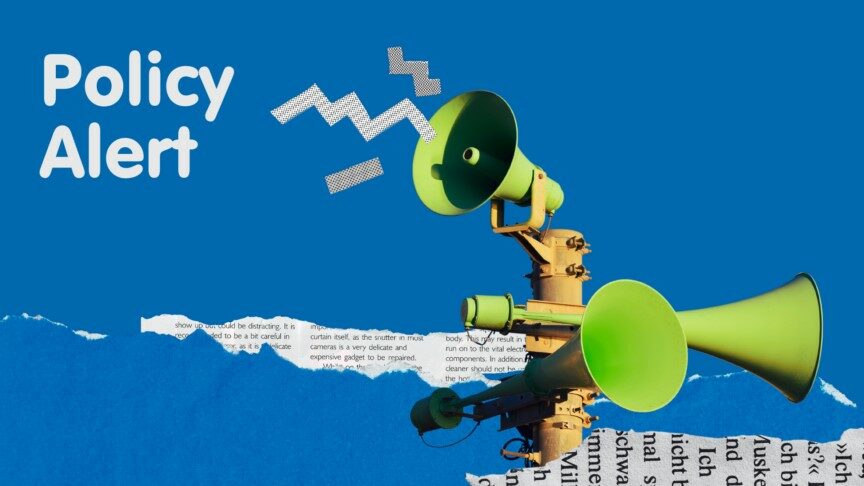
After Jenin: A European response to West Bank escalation
Israel’s operations on the West Bank are a counterproductive way to deal with armed groups. European action should focus on helping to address the drivers of the recent surge of violence.

Israel’s operations on the West Bank are a counterproductive way to deal with armed groups. European action should focus on helping to address the drivers of the recent surge of violence.
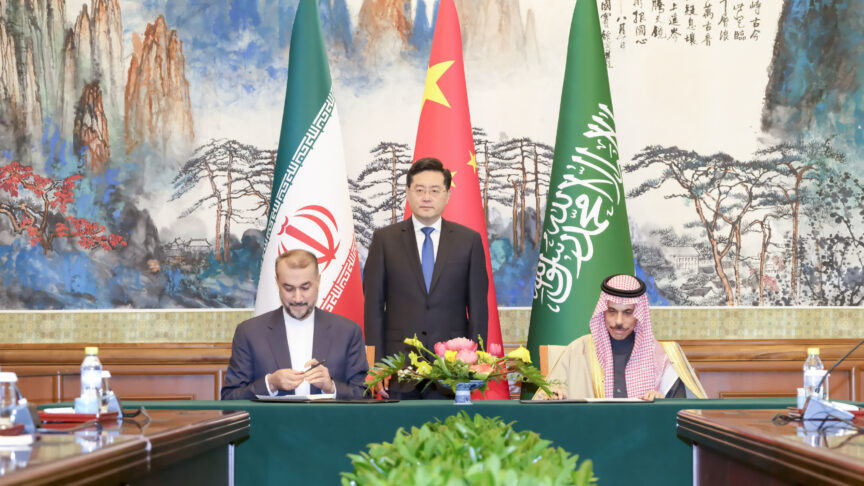
The recent ceasefire between Israel and Islamic Jihad, the detente between Iran and Saudi Arabia, and the de-escalation in Yemen have all been accomplished with minimal Western involvement. While this may be just a temporary lull in Middle Eastern violence, it may also offer a glimpse into the multipolar future
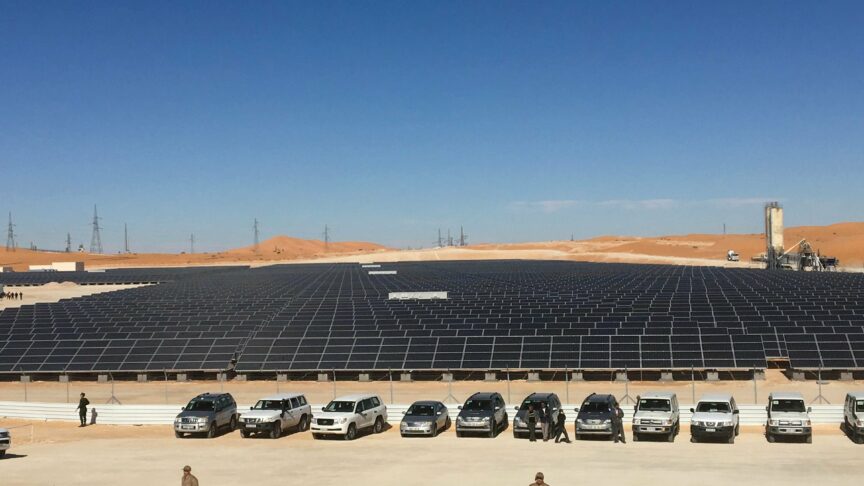
Algerian leaders remain reluctant to switch away from oil and gas. EU decision-makers should provide Algeria with financing and new incentives to develop renewable energy
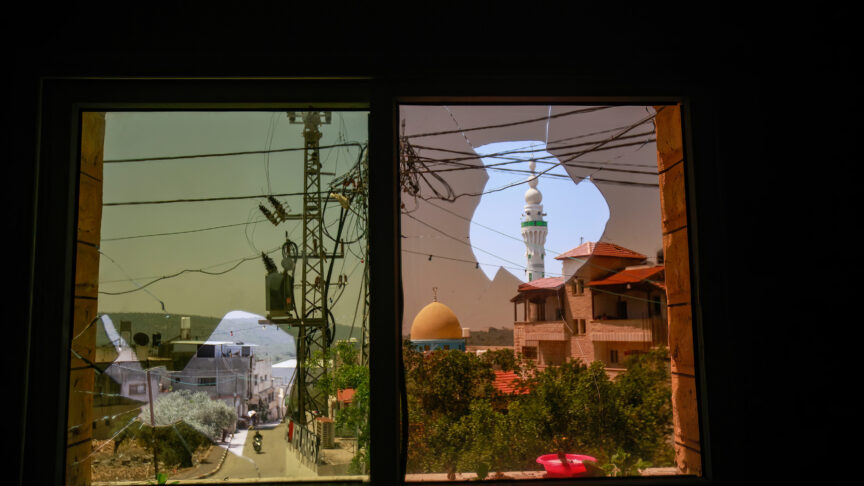
Recent fighting on Israel’s borders with Lebanon and Syria shows how spiralling Israeli-Palestinian violence could drag the region into a renewed war
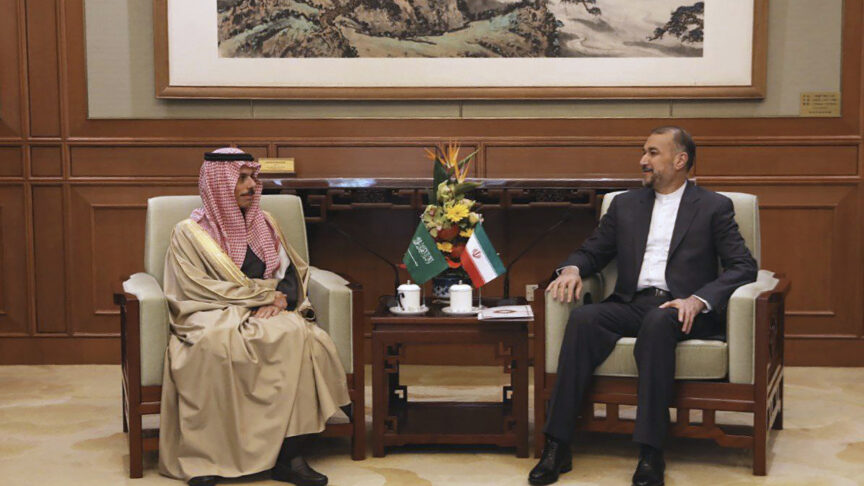
The normalisation of relations between Saudi Arabia and Iran has provided welcome impetus towards peace in Yemen. But resolving the regional dimension of the conflict should not come at the expense of inclusive, intra-Yemeni negotiations under UN auspices
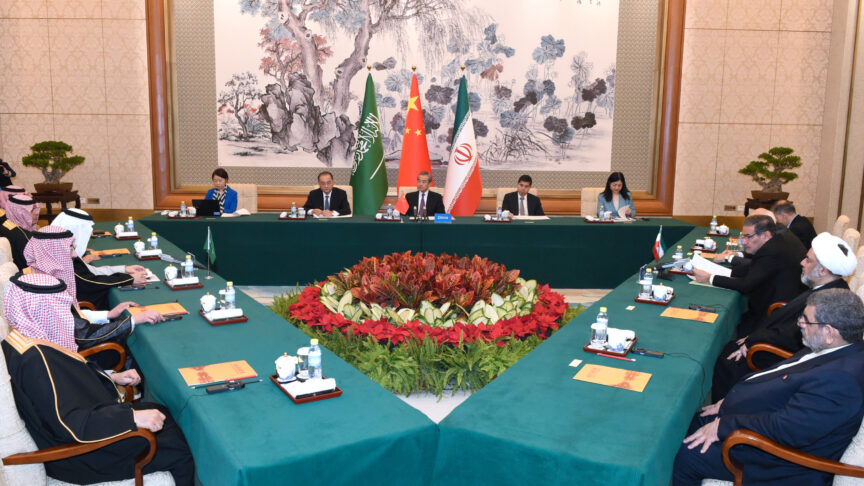
Saudi Arabia and Iran have agreed to begin the process of normalising their relations. Europeans should consider how to help entrench the stabilising gains of the agreement – even as they navigate difficulties with Iran
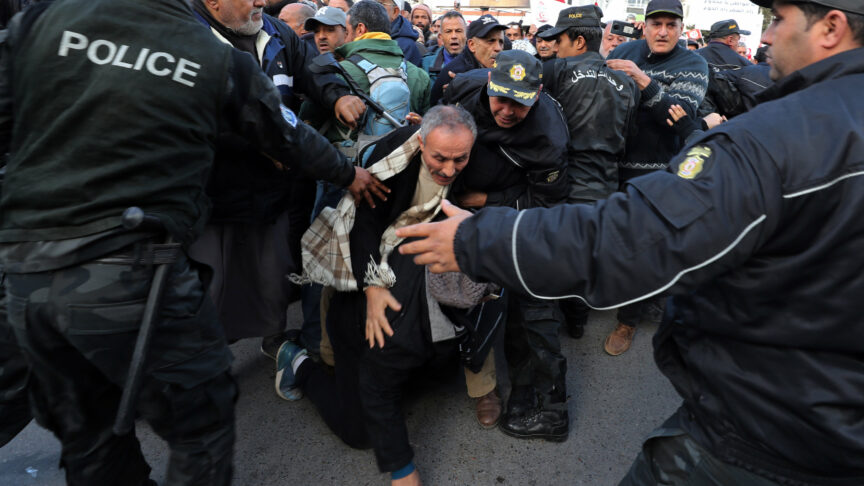
The EU has invested heavily in Tunisia’s transition to democracy since 2011. Now it must stand up for the rule of law and for the rights of those under threat

Israel’s growing illiberalism cannot be separated from its decades-long subjugation of Palestinians
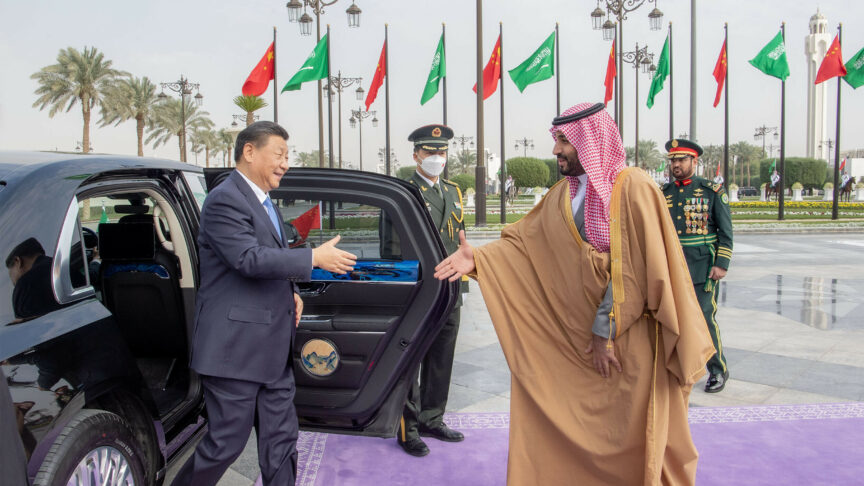
To compete with China’s influence in the Gulf, European governments should embrace multipolarity and offer concrete alternatives to Gulf monarchies

Saudi Arabia is resurgent as a leader in the Middle East and North Africa. The Saudi foreign minister’s visit to Brussels represents an opportunity for the EU to explore more active cooperation on projects in the region